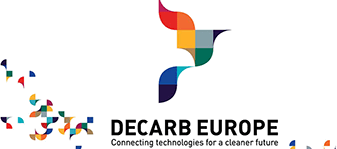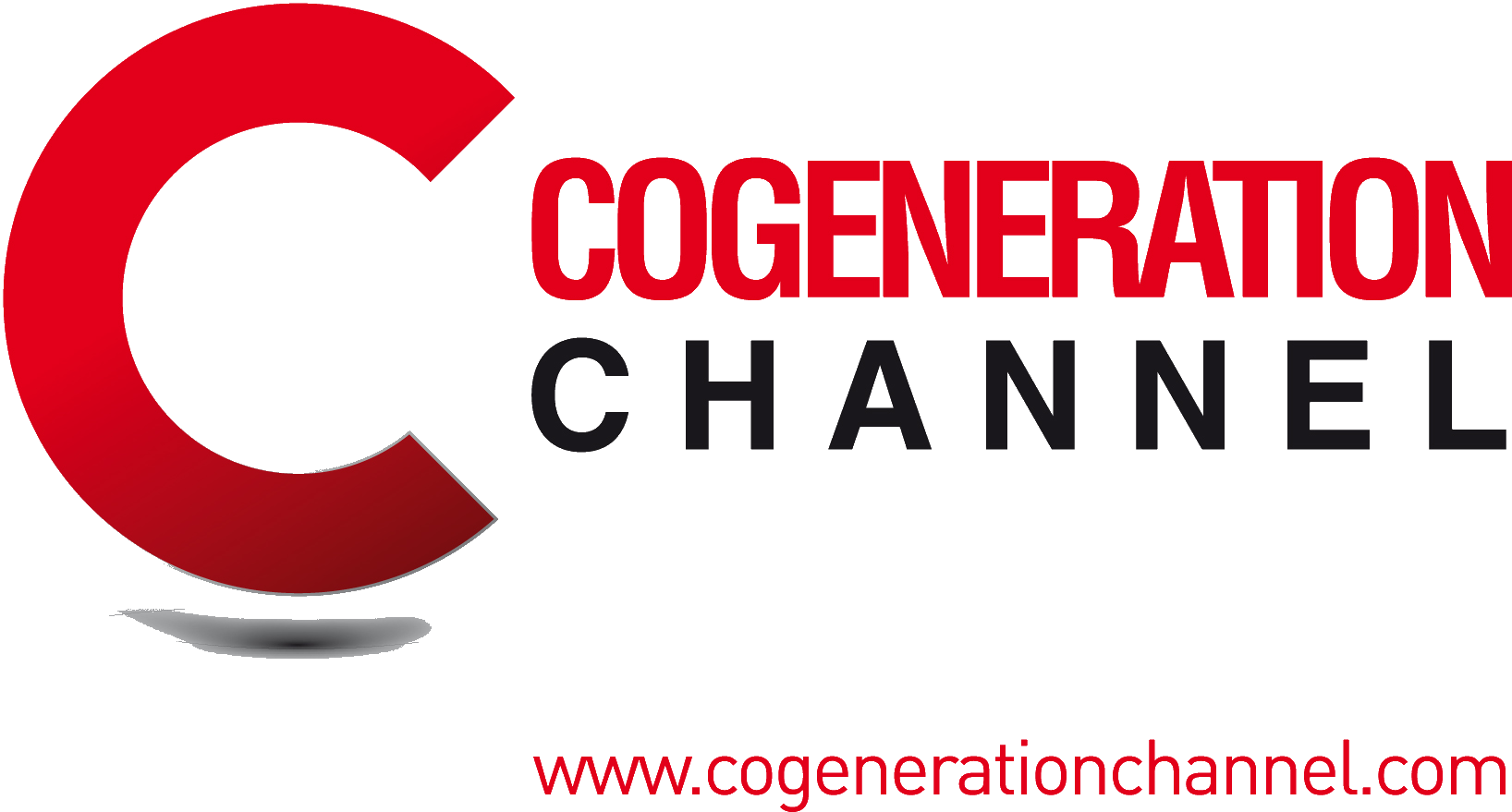PRESS RELEASE
18 April 2024
At the Special European Council in Brussels today (18 April 2024), political leaders from the 27 EU Member States took part in a high-level strategic exchange on the EU’s agenda for 2024-2029. Feeding into the debate, former Italian Prime Minister Enrico Letta presented his report on the future of the EU’s single market (Much more than a Market).
Delivering on the EU’s climate and energy ambitions in a way that also reinforces the competitiveness of Europe’s industries is a key theme in the debate. Clean energy technologies must be scaled up at higher speed, with the help of both private and public financing. Europe’s single market can play an important role in supporting the transition to a more efficient energy system with more renewables and less emissions.
Cogeneration technologies have a vital role to play in enabling the energy transition by making the most efficient use of low carbon and renewable fuels such as biogas, biomethane and (green) hydrogen. As one of the industries with a strong manufacturing base in Europe, the cogeneration sector is committed to the creation of a resilient, decentralised and carbon neutral European energy system by 2050.
Cogeneration technologies currently produce 12% of the electricity and 15% of the heat used in the EU, including 70% of all the heat that is distributed via district heating networks. Moreover, half of the total CHP* capacity (i.e. around 60 GW of electrical output) is embedded in Europe’s key industries such as alumina, ceramics, chemicals, food & drink, pulp & paper and others. By using energy more efficiently, cogeneration is responsible for avoiding 15 bcms of additional gas consumption and preventing 150 million tonnes of CO2 emissions every year across the whole of the EU**.
In the future, cogeneration will continue playing an important role, adapting to the evolving needs of consumers and the energy system. Cogeneration plants and installations are capable of running on a range of renewable and low carbon sources, including biomass and renewable gases such as hydrogen. Moreover, it will be critical to ensure security of supply and resiliency cost-effectively, as our energy systems move towards higher shares of intermittent renewable power and higher electrification.
Commenting on today’s EU Summit, Hans Korteweg, Managing Director of COGEN Europe, said: “COGEN Europe’s welcomes today’s high-level discussions on a strategic EU agenda for the next five years. Climate and energy must be at the core of this debate, with a focus on decarbonisation, resilience and cost-effectiveness.”
“The EU’s future competitiveness and prosperity will depend on having secure and affordable access to clean energy,” he continued. “To achieve this, the EU and its Member States must put energy efficiency first and take an integrated approach to the development of energy systems, encompassing electricity, gas and heat networks. This will require all levels of governance - EU, national, regional and local – to work more closely together and also in partnership with all of the relevant stakeholders across industry and the whole economy.”
“In this context, cogeneration has a vital role to play in enabling the energy transition, whilst also enhancing the competitiveness of Europe’s industries.”
* CHP or 'Combined Heat and Power' is another name for cogeneration.
** COGEN Europe's estimates based on data published by Eurostat.
Further information
Towards an efficient, integrated and cost-effective net-zero energy system in 2050: the role of cogeneration - Study produced by Artelys for COGEN Europe (2020)
COGEN Europe's Vision for Europe's Future Energy System









